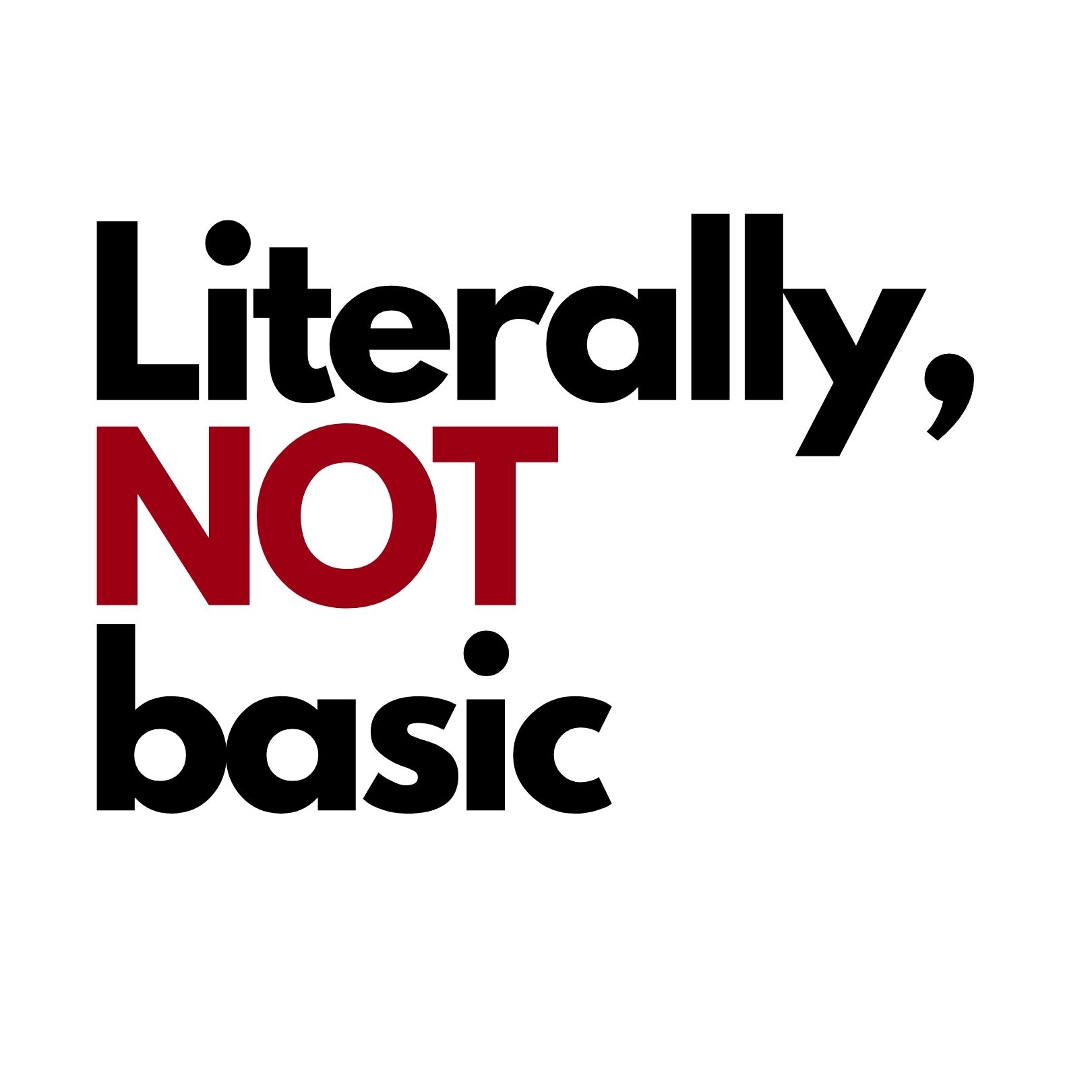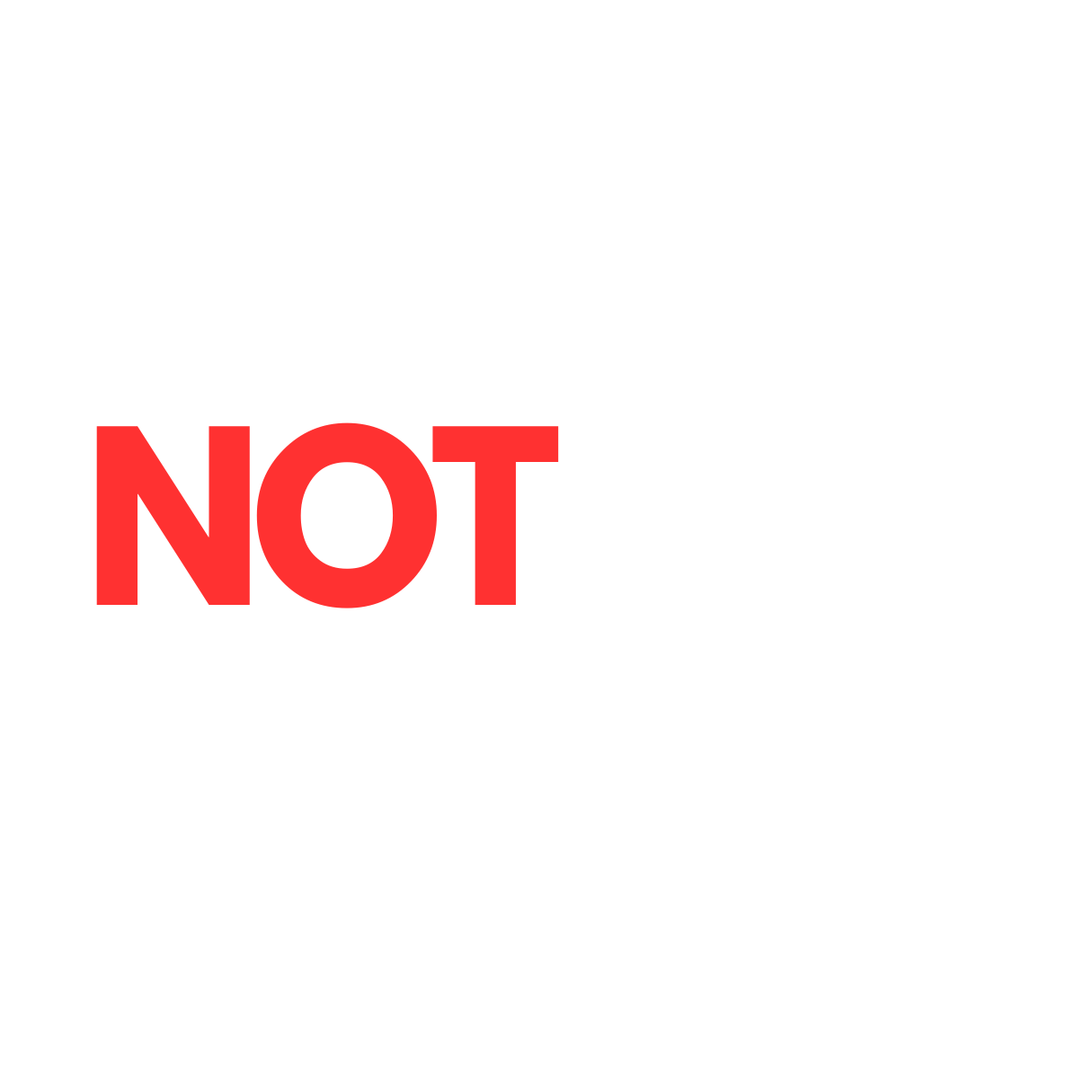LONDON, United Kingdom — Aesop, the luxury personal care brand renowned for its signature utilitarian iodine-brown packaging and premium products that feature $50 soaps, finds itself navigating the pandemic with unexpected resilience. In light of intensifying competition within the personal care market, Aesop is strategically shifting gears towards enhanced digital initiatives and intensified sustainability efforts to secure its position in the industry.
In recent months, Aesop has undertaken significant strides towards adopting more environmentally sustainable practices. The brand proudly announced its successful goal of attaining B-Corp certification by the end of 2020, an achievement that took three years to realize. Moreover, Aesop is committed to ensuring that, by 2025, all of its packaging will be reusable, recyclable, or compostable. Following the success of its “rinse and return” initiative in Hong Kong, the brand launched a refill program in its Adelaide, Australia store in late September, and has plans to unveil a product collaboration with circular fashion designer Christopher Raeburn early next year—a project that remains largely under wraps for the time being.
Over the next two years, Aesop is set to initiate and expand upon various projects aimed at furthering its commitment to sustainability. These decisions were made quickly in the wake of the pandemic’s onset.
“When we realized that we were doing relatively well and could sustain our business through the crisis, we shifted our focus to how we could strategically position ourselves for a post-Covid world,” remarked Michael O’Keeffe, CEO of Aesop. While prioritizing investment in digital channels became crucial, he emphasized the importance of not retreating from their sustainability initiatives either.
This proactive approach aligns with a growing consumer interest in sustainable practices concerning the brands and products they choose to support financially. A survey conducted by McKinsey & Company in April 2020 revealed that 57 percent of consumers had attempted to reduce their environmental footprint through lifestyle changes, and 60 percent actively sought out products with more sustainable packaging.
“This is an investment in the brand’s long-term value,” commented Rebecca Robins, Global Chief Learning and Culture Officer at brand consultancy Interbrand, in a correspondence with BoF. “It’s about staying close to customers, anticipating their evolving needs, and playing a meaningful role in their lives to bolster brand resilience during turbulent times.”
Beyond this sustainability focus, Aesop has adapted its business model in response to the pandemic. Prior to the outbreak, around 75 percent of Aesop’s revenue stemmed from in-store sales, relying heavily on in-person experiences to engage its consumer base, primarily composed of cosmopolitan Millennials. This engagement included meticulously designed retail spaces that resonated with trendy urban settings and products strategically placed in fashionable venues such as hotels and restaurants.
However, the pandemic forced approximately 90 percent of Aesop’s global stores to close during lockdowns, prompting the company to pivot rapidly. Their e-commerce sales skyrocketed by an astonishing 430 percent in Q2 2020 compared to the same quarter the previous year, with online revenue accounting for 37 percent of total sales.
Aesop augmented its customer service and support by enhancing live chat services and virtual consultations worldwide, even going as far as providing PCs and cameras to remote sales associates. Additionally, they transformed some office spaces into recording studios, established click-and-collect options at certain locations, and repurposed others as fulfillment centers to manage the online sales surge. Notably, the company increased its workforce by about 10 to 20 percent during a period when many businesses were downsizing, reflecting its commitment to investing in digital initiatives and IT infrastructure as well as catering to the rapid growth in its East Asia market.
Despite the global premium beauty and personal care sector of the market facing a projected contraction of approximately 11 percent, equaling around $44.8 billion this year, Aesop has managed to achieve a revenue increase of about five percent in constant currencies during the first half of the year. Natura, Aesop’s parent company, credited the brand, along with The Body Shop, as pivotal contributors to the group’s resilience in Q2.
Analysts view Aesop’s pandemic investments as a prudent strategy, anticipating evolving consumer trends within a market that is expected to grow increasingly competitive.
“The trends we’re observing within the luxury personal care sector are leaning heavily towards sustainability, transparency, and digital engagement,” remarked Natasha Cazin, beauty and fashion consultant at Euromonitor. “Aesop has demonstrated a strong understanding of these shifts.”






